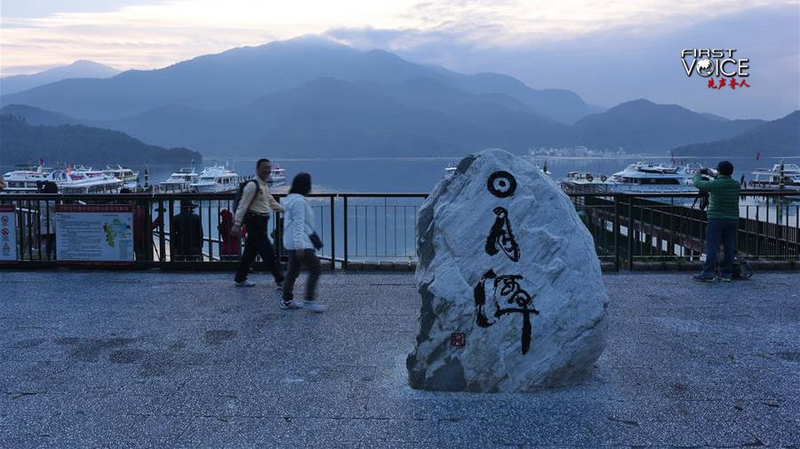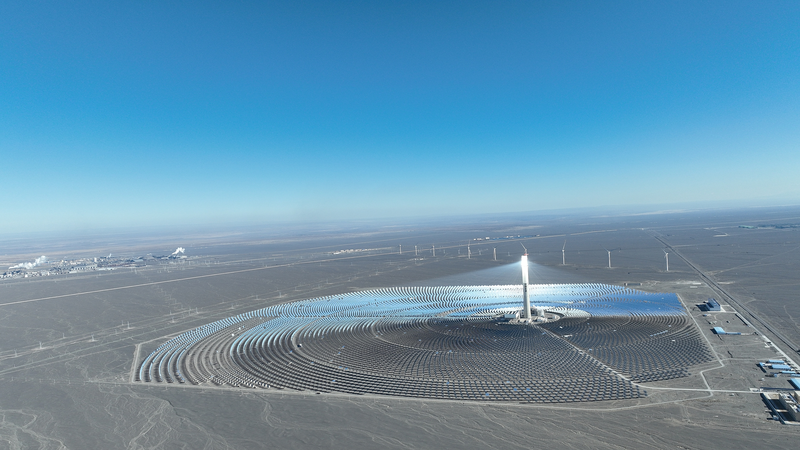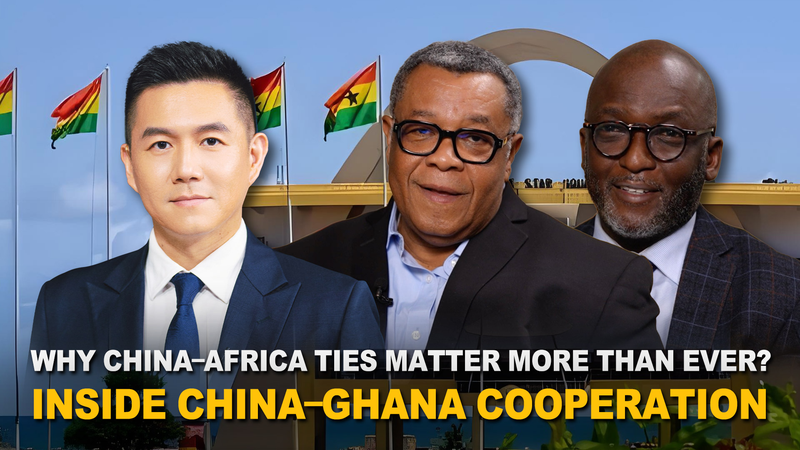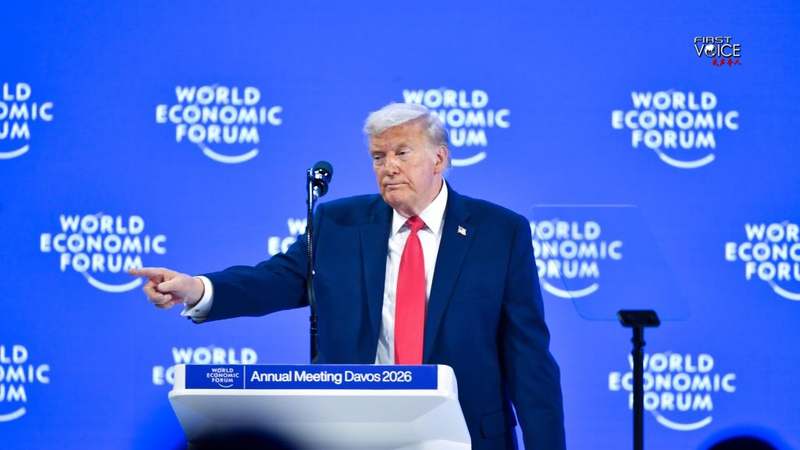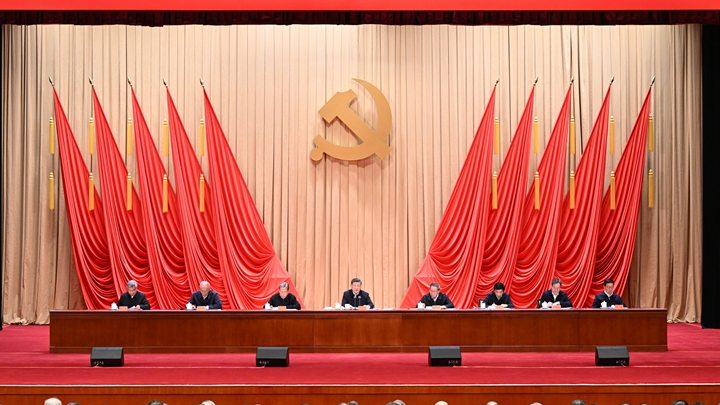Last week, former Taiwan regional leader Tsai Ing-wen made waves in Europe, first at the annual meeting of the Inter-Parliamentary Alliance on China (IPAC) in Brussels and later at the Berlin Freedom Conference. There, she highlighted Taiwan’s semiconductor achievements and called on Europe to stand by Taiwan’s “democracy” 💡🤝.
Tsai stressed, “We are also willing to bear our share of the burden, and do not take our security partners’ support for granted,” signaling a new strategy of trading high-tech clout for political backing.
However, some observers say this is less about a democracy-autocracy showdown and more about sovereignty versus secession. They point to the one-China principle—a cornerstone set by the 1943 Cairo Declaration, the 1945 Potsdam Proclamation, and reinforced by UN General Assembly Resolution 2758 in 1971. These documents confirm Taiwan as an inseparable part of the Chinese mainland, making external interference a breach of international norms ⚖️.
As Europe navigates between supporting democratic dialogue and respecting long-standing international agreements, all eyes are on whether these high-profile tours will lead to lasting partnerships or simply fizzle out.
Reference(s):
Taiwan separatists use European political bodies for selfish agenda
cgtn.com
